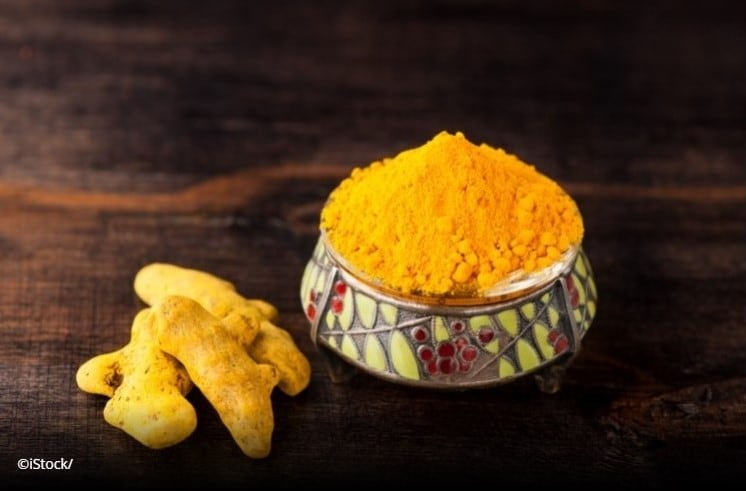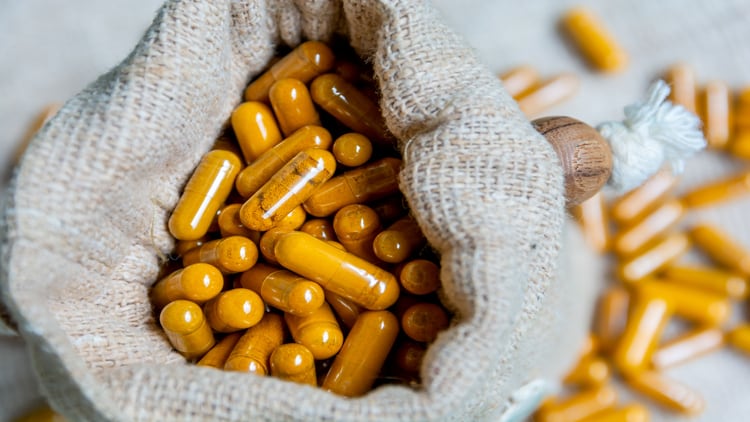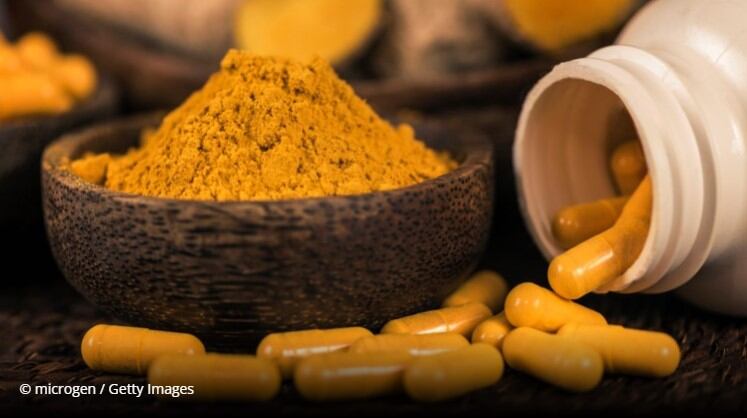French authorities are investigating potential risks associated with turmeric-containing food supplements after multiple reports of cases of hepatitis in Italy and France linked to the products.
Some stakeholders have raised concerns that the issues could lead to turmeric food supplements being restricted in the EU under Article 8, EU Regulation 1925/200. This refers to the addition of vitamins and minerals and of certain other substances to foods and where overconsumption concerns may exist. The article allows for substances of concern to be brought to the attention of the Commission for assessment.
“There is always a possibility that this could end up as an Article 8 procedure,” said David Pineda Ereno from DPE Consulting. “However, we do not seem to be there yet.
“At present, measures and discussions are taking place at national level in few EU Member States, and no rumours appear yet about escalating to an EU Article 8 procedure. In addition, there are other substances first on the agenda for such procedure, such as green tea, berberine, garcinia, fennel, etc.”
History
The potential health benefits of turmeric and the curcuminoids it contains (curcumin, demethoxycurcumin and bisdemethoxy curcumin) include support for brain, cardiovascular, joint, and muscle health.
Consumer awareness and understanding of the botanical’s potential benefits are now very high, with data from the ITC Insights 2020 Consumer Survey showing that 86% of supplement consumers are familiar with curcumin/turmeric.
However, Italy has recently recorded around 20 cases of hepatitis linked to turmeric-containing food supplements, while the nutrivigilance scheme of the French Agency for Food, Environmental and Occupational Health & Safety (ANSES) has received over 100 reports of adverse effects, including 15 reports of hepatitis, potentially related to the consumption of food supplements containing turmeric or curcumin.
“ANSES therefore issued an internal request to identify the potential risks associated with the consumption of food supplements containing this plant,” stated the agency.
The core of the issue focuses on forms with enhanced bioavailability: Turmeric has limited solubility and absorption from the gut, and ingredient suppliers have focused on optimizing the delivery of curcumin and its metabolites for supplement and functional foods, including nanoparticle and liposomal encapsulation approaches, or combining turmeric extracts with piperine, a proven bioavailability enhancer.
EFSA set an acceptable daily intake (ADI) of 180 mg of curcumin per day for a 60 kg adult, and to avoid exceeding that limit, then the limit is proposed as 85% of this as possible in food supplements or 153mg in 60kg adult.
ANSES has stated that while the enhanced bioavailability forms do not appear to exceed the ADI, these new formulations can pose a risk of adverse effects by increasing the bioavailability of curcumin in the body.
To prevent cases of poisoning, ANSES advises companies marketing food supplements to provide detailed data on the bioavailability of their products so that a specific maximum daily intake level may be defined.
However, there is currently no legal obligation to use an additional label warning. ANSES does suggest those with bile duct pathologies should avoid consumption.
A hot potato
Dr Mark Tallon, managing director of food law consultancy, Legal Foods Ltd, told us that botanicals remain an issue of uncertainty and concern for business across the EU including the UK since there is no system of harmonisation.
“The European Commission had been aware of such issues from a safety point of view and indeed use in health claims from the Regulatory Fitness and Performance (REFIT) back in 2017,” he said.
“Despite the generation of the Compendium of Botanicals, its last significant update has been over 5 years now and the recent issues seen with curcumin are evidence that use of plant substances that also have a place in traditional medicines are restriction to free movement.
“The recent alert over the potential toxicity from ANSES has wider ramifications for the industry,” said Dr Tallon. “The concern is that whilst companies may not be exceeding what are novel foods limits for curcumin by providing the same substance at the upper end of the permissible dose, but with other substances that enhance bioavailability this may be akin to requiring a new novel foods submission. Piperine is a good example that we find used with many botanicals to enhance bioavailability.
“Consider how many approved novel food ingredients are supplied with other substances. If it is found that co-administration with substances that significantly enhance bioavailability, then what does this mean for the EU food supplement market? France maybe holding a hot potato with this one and it will be interesting to see if requested how the Commission deals with this issue.”





